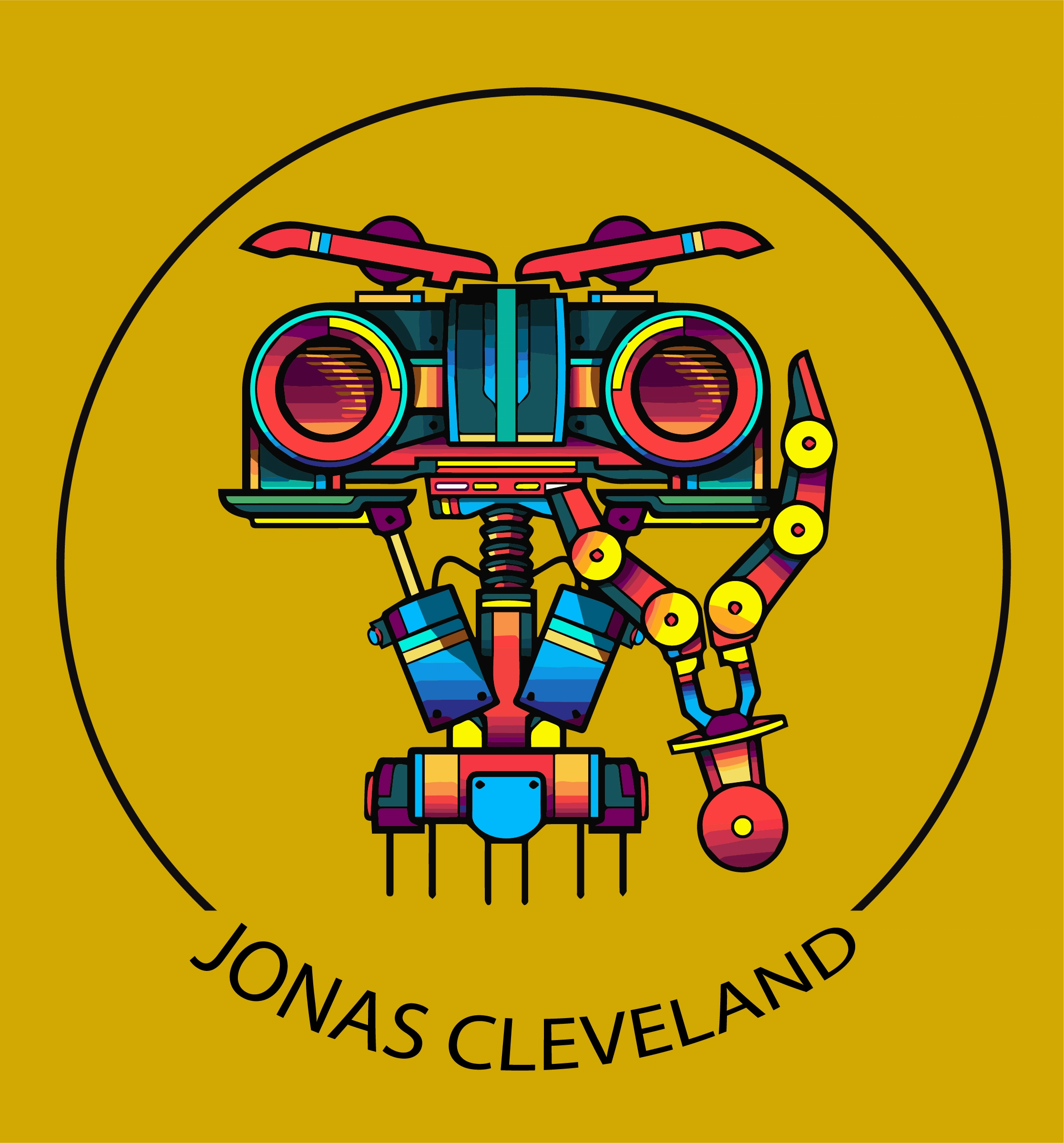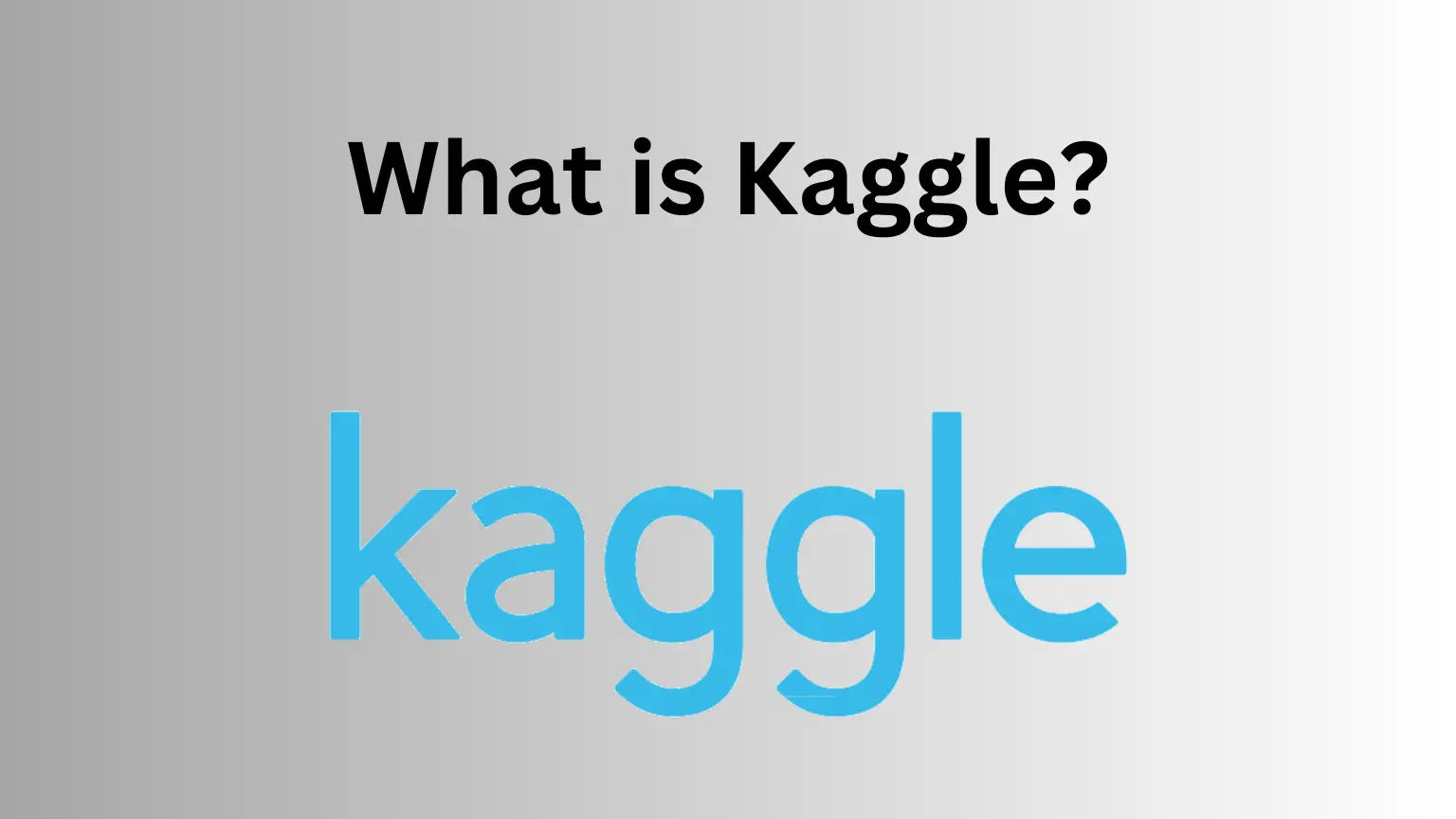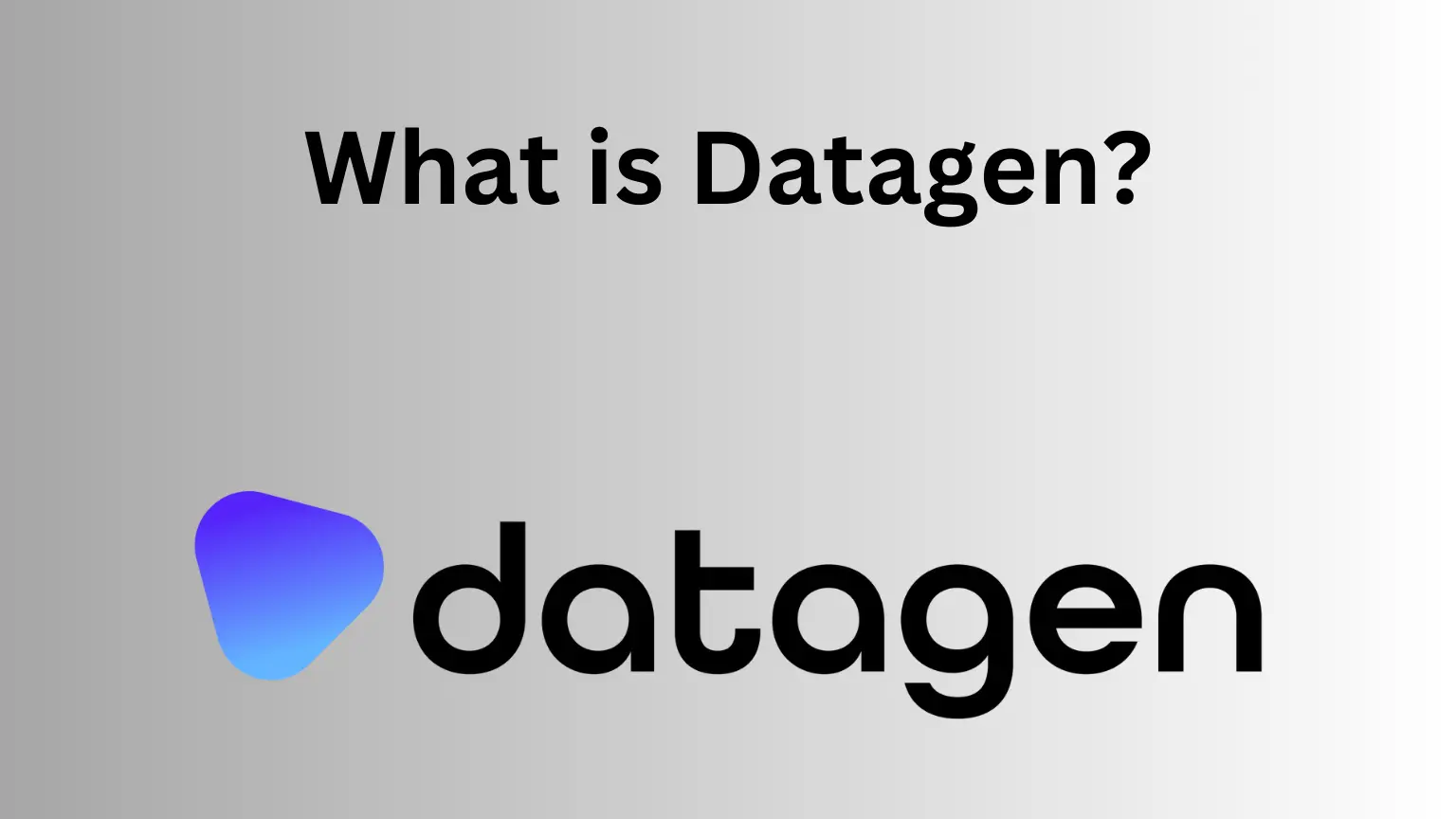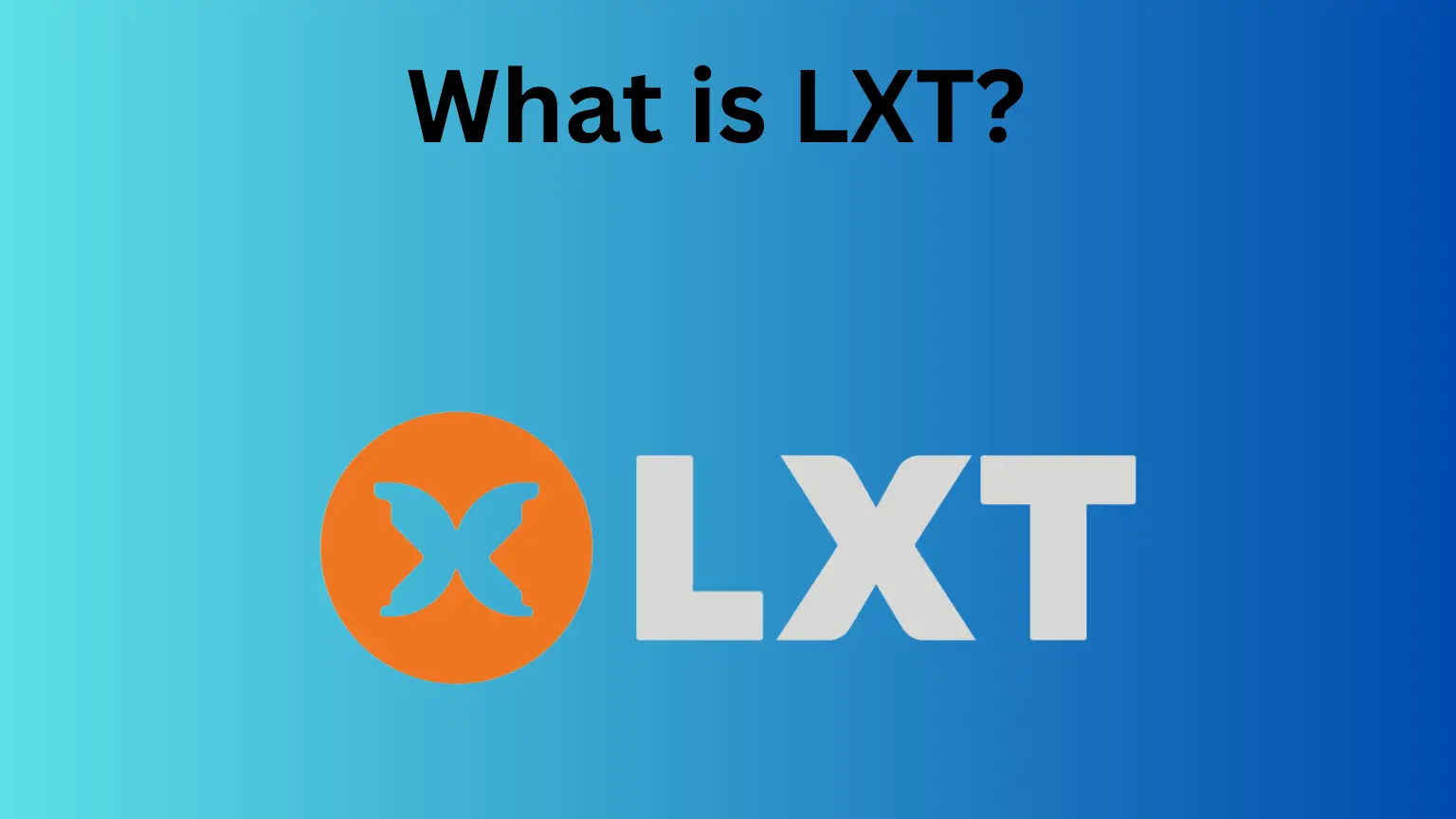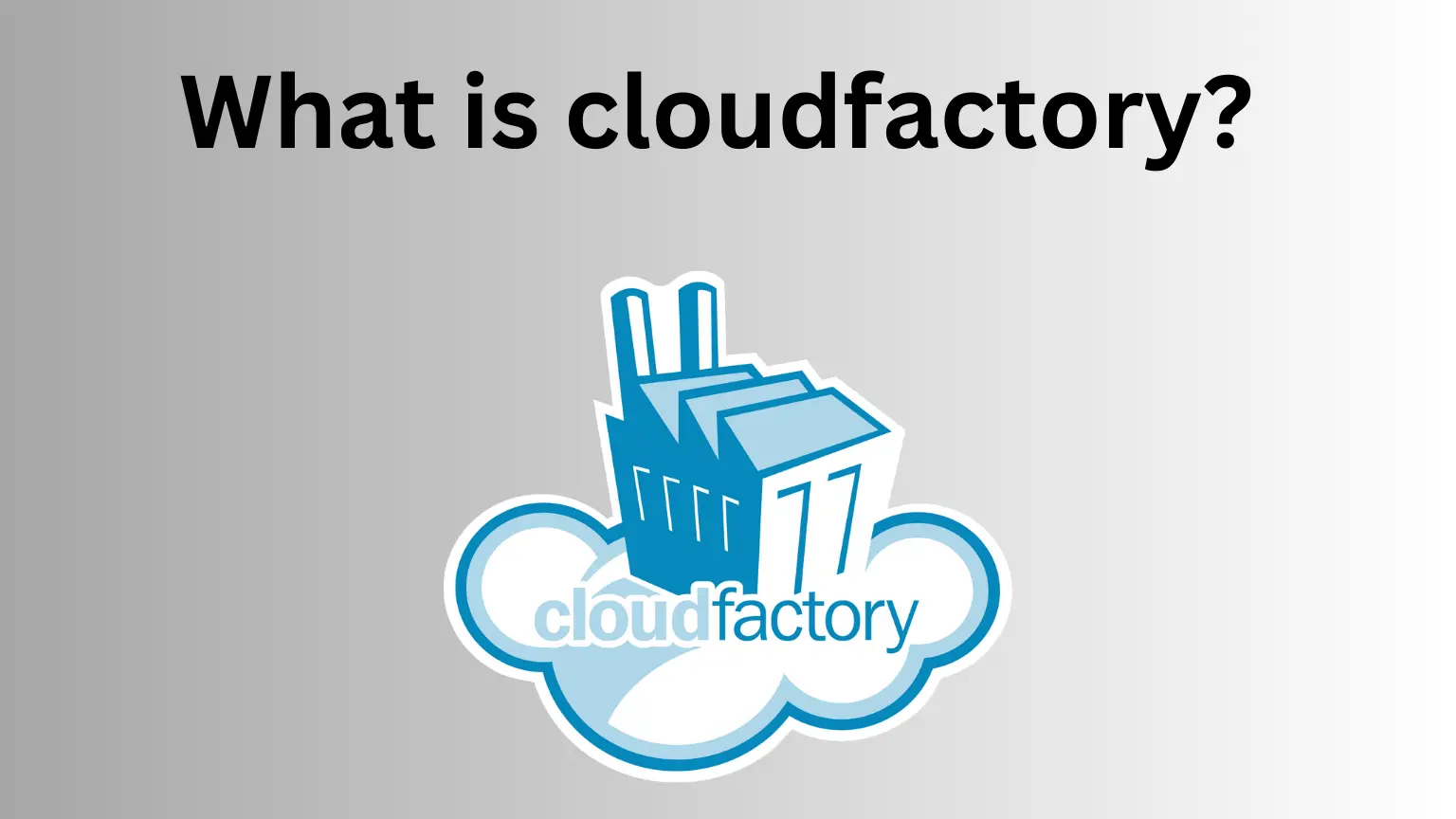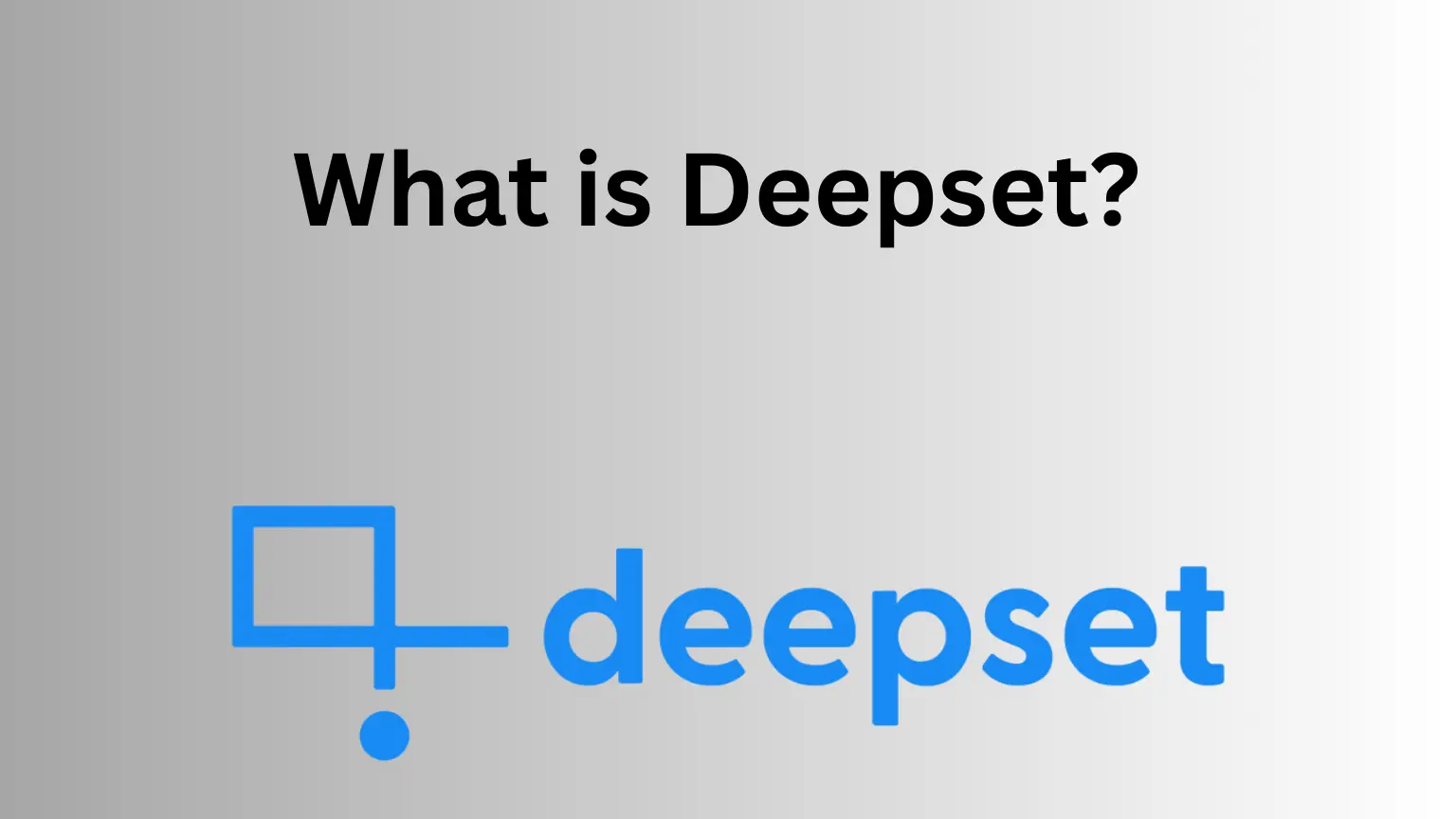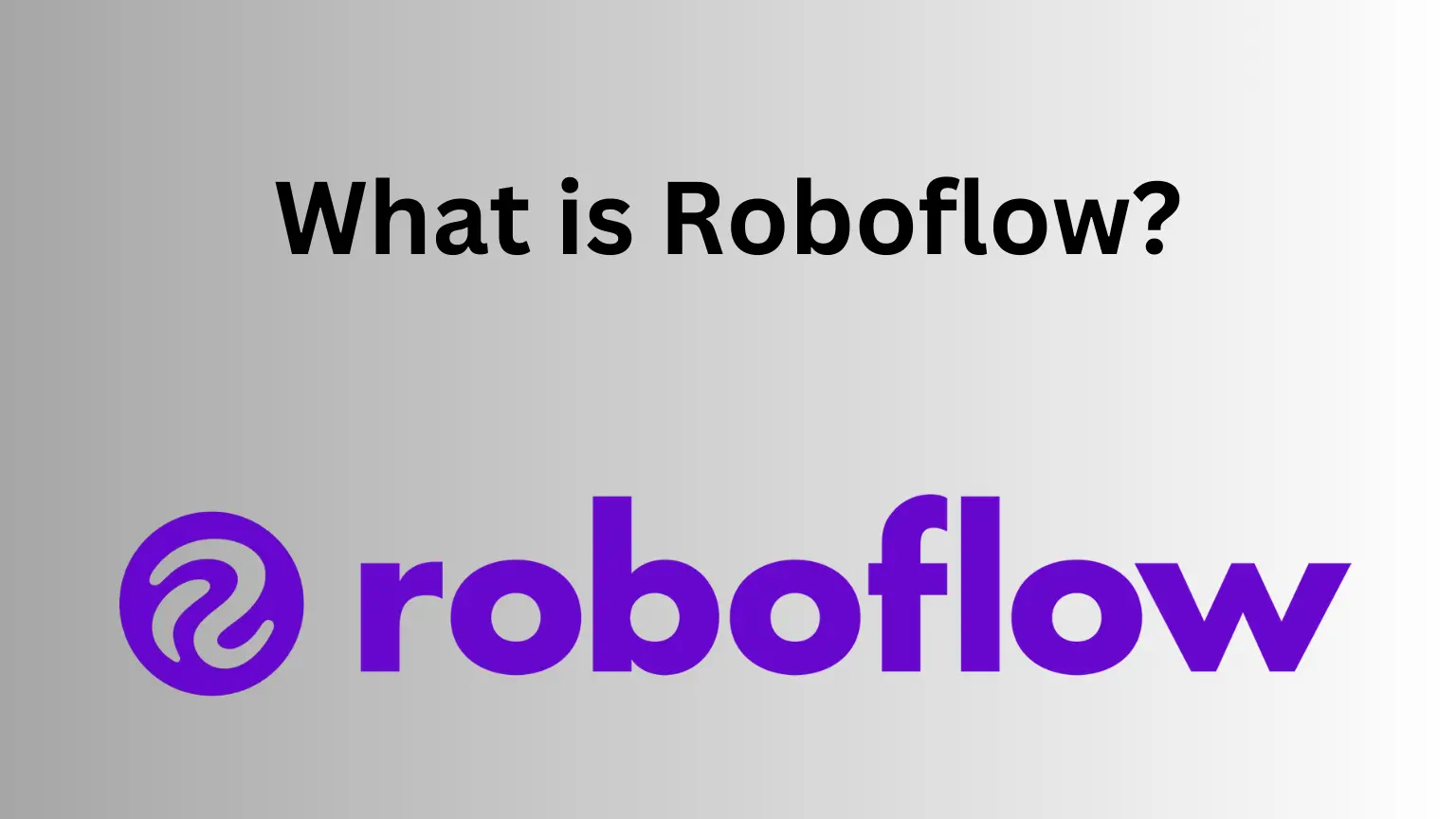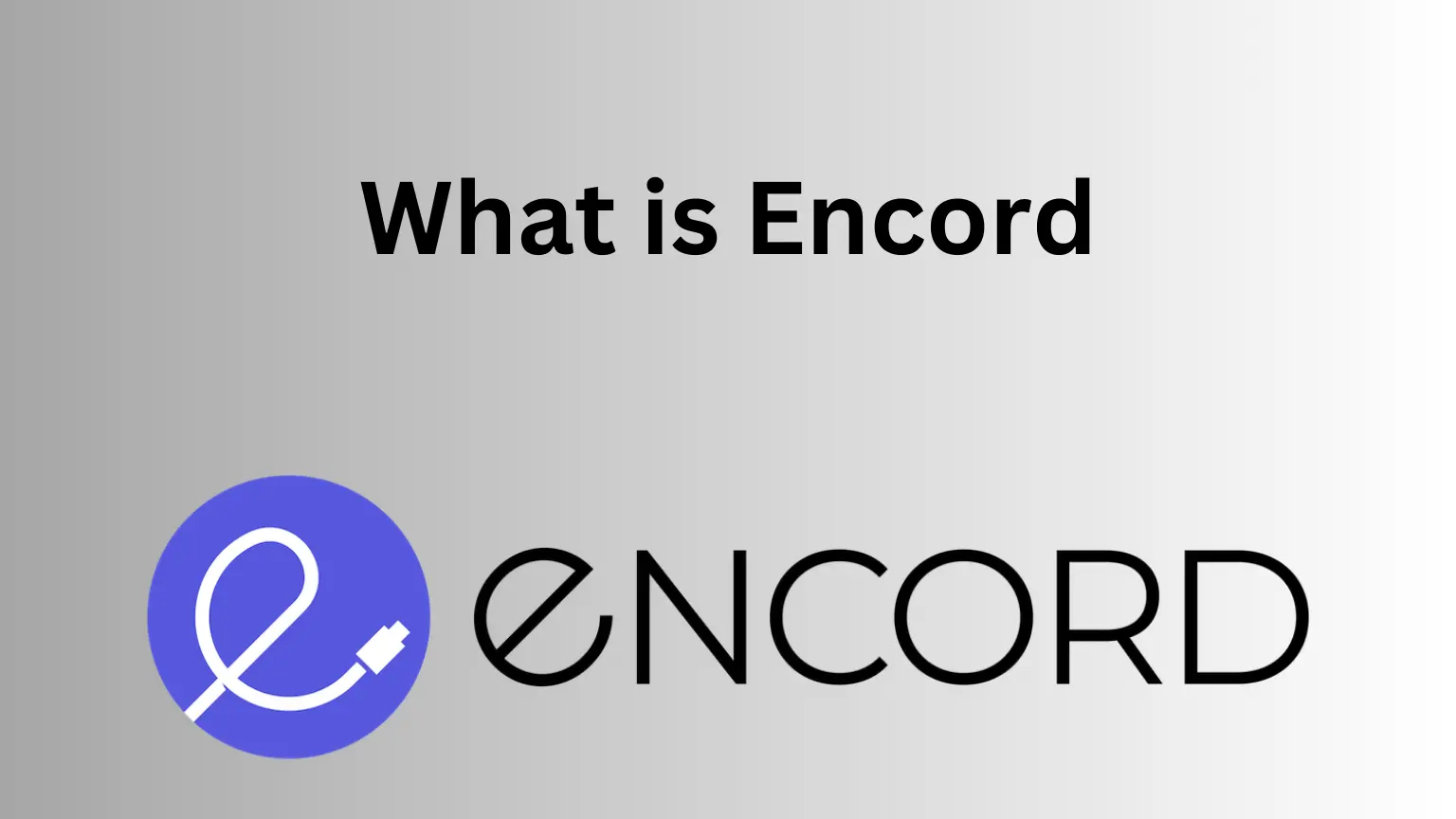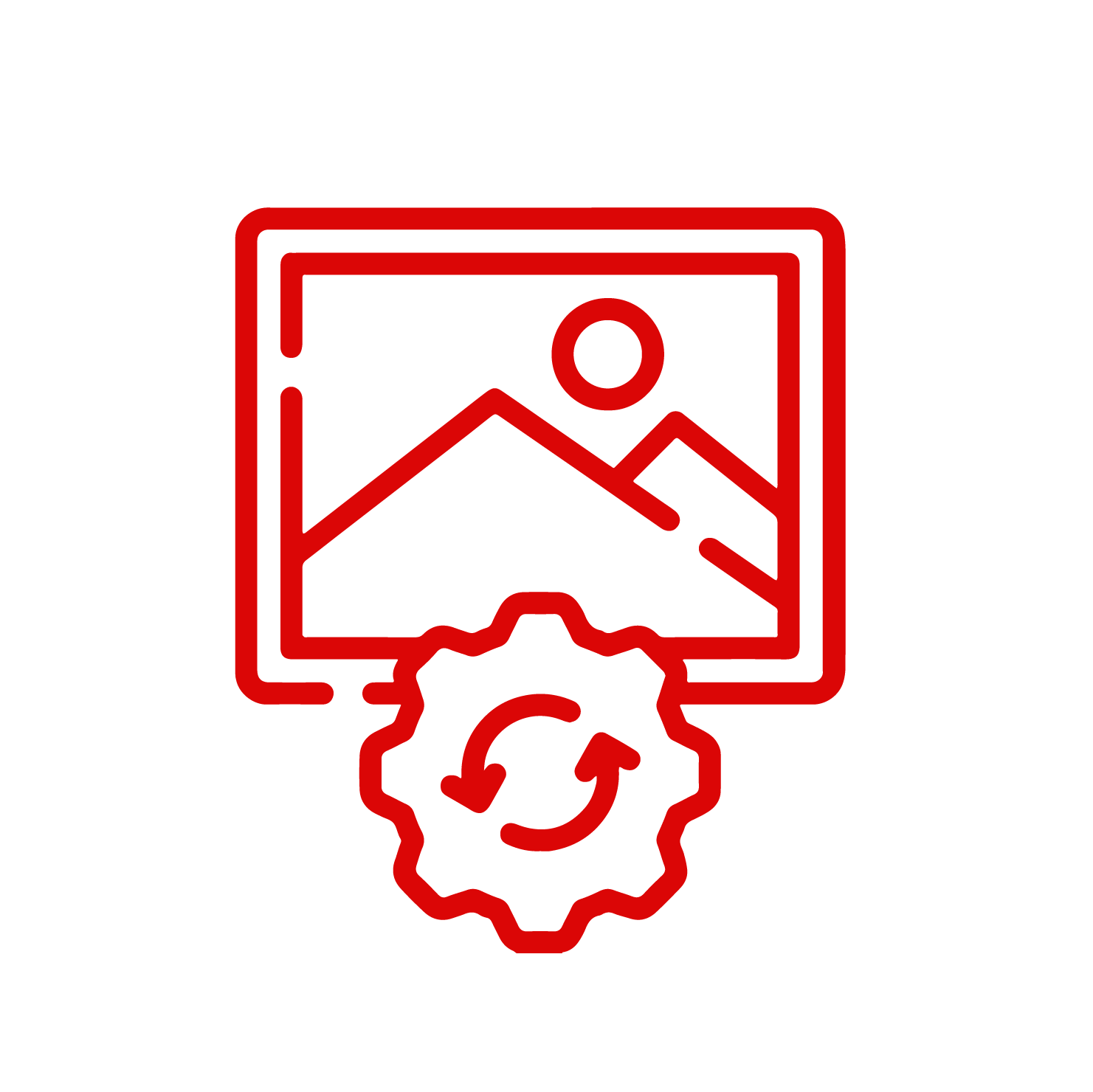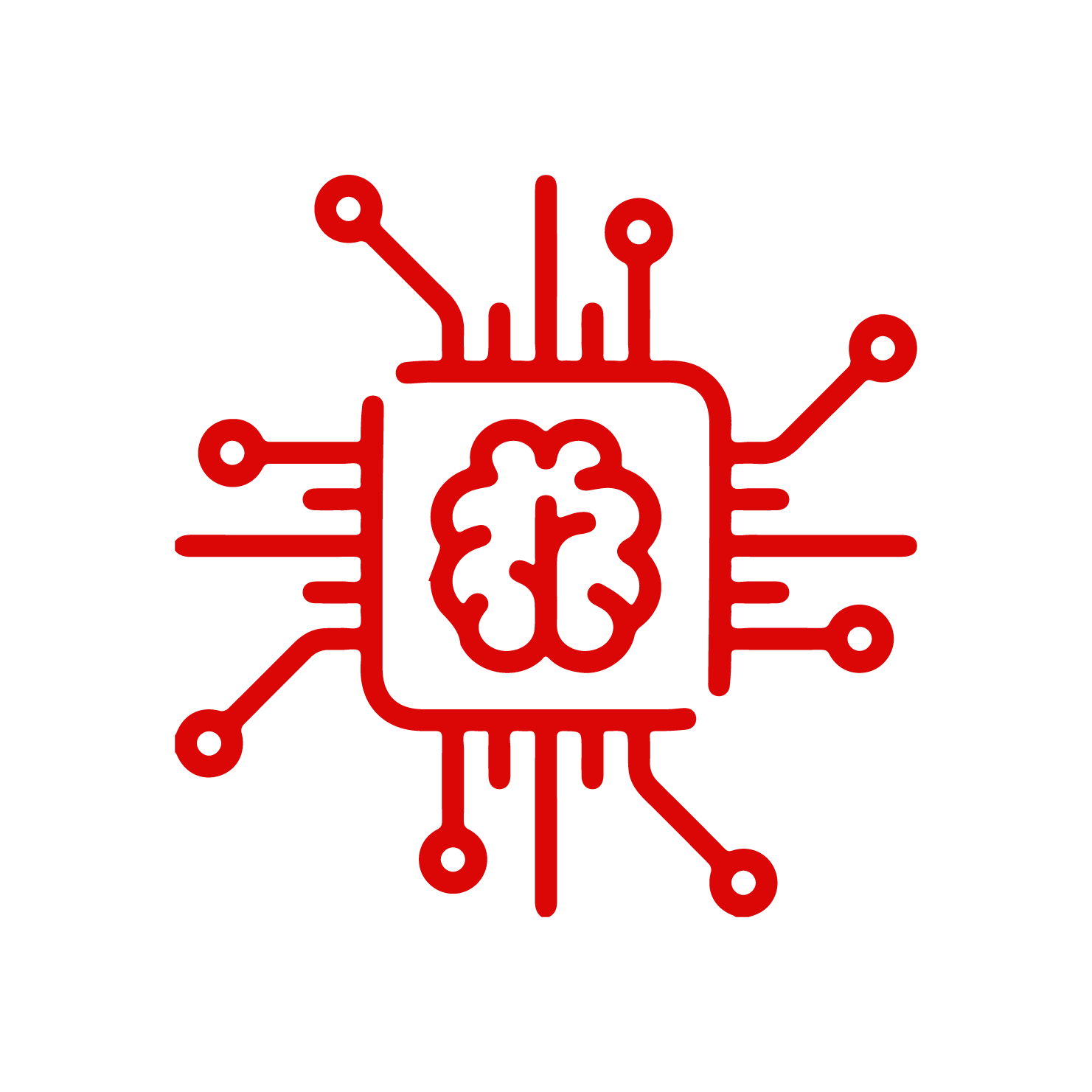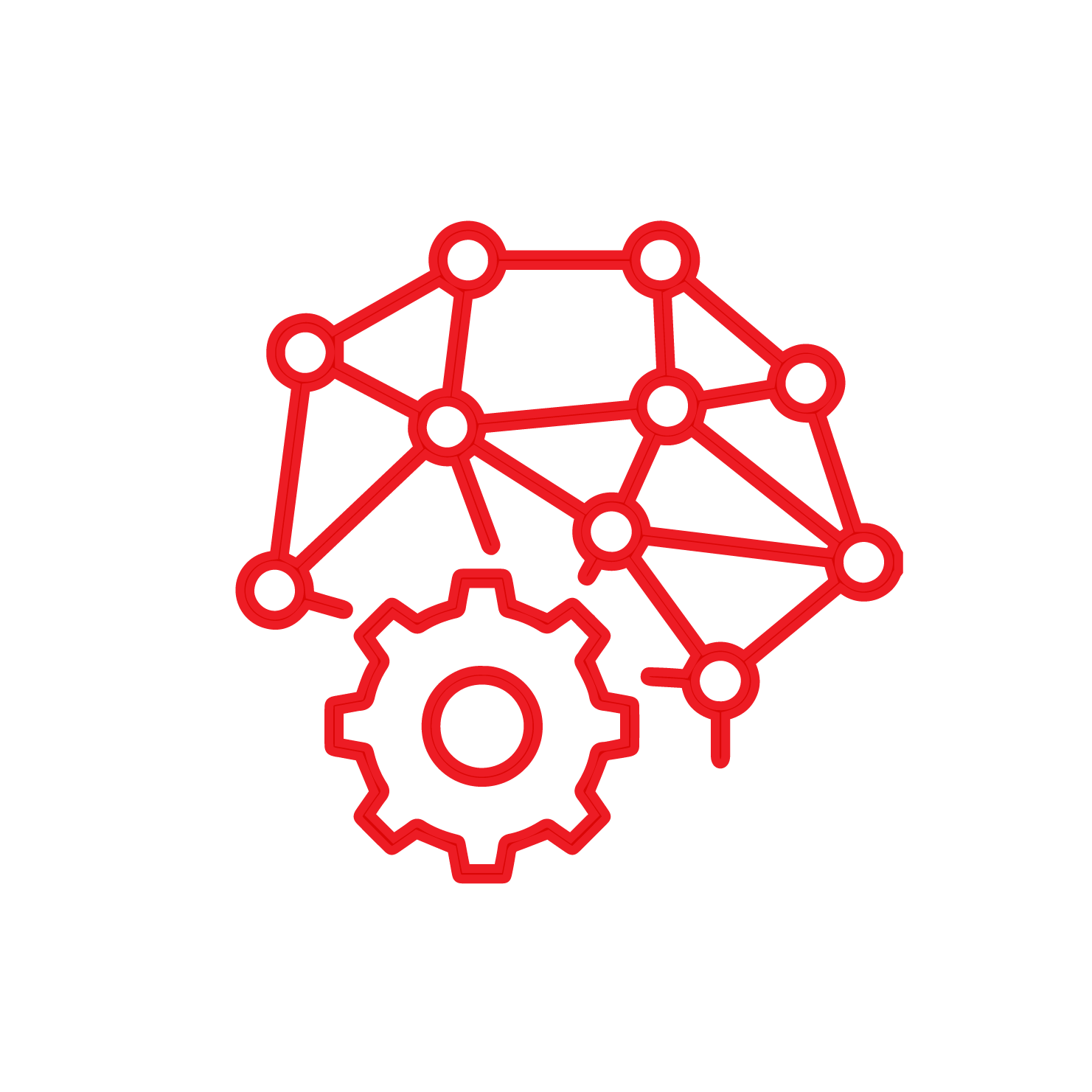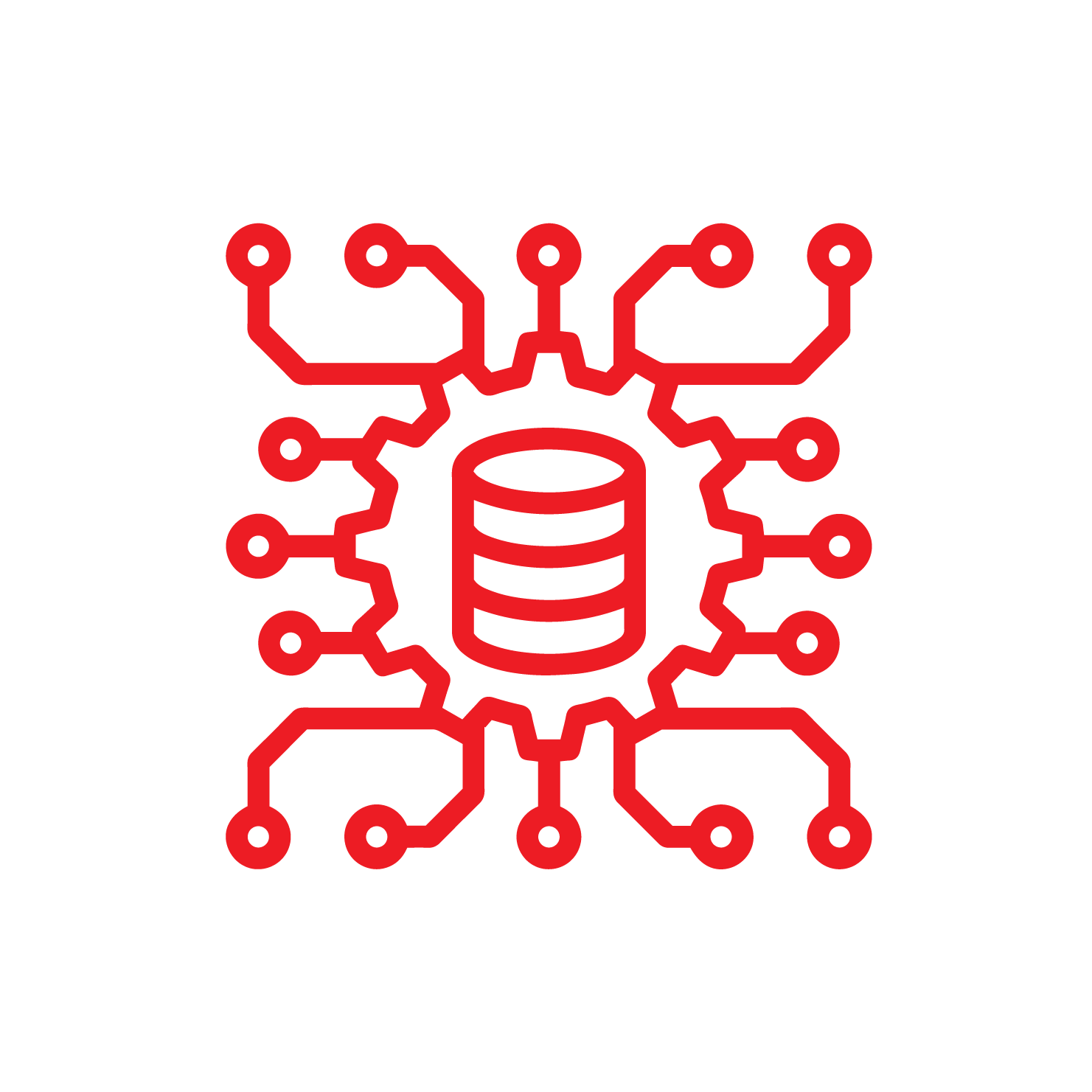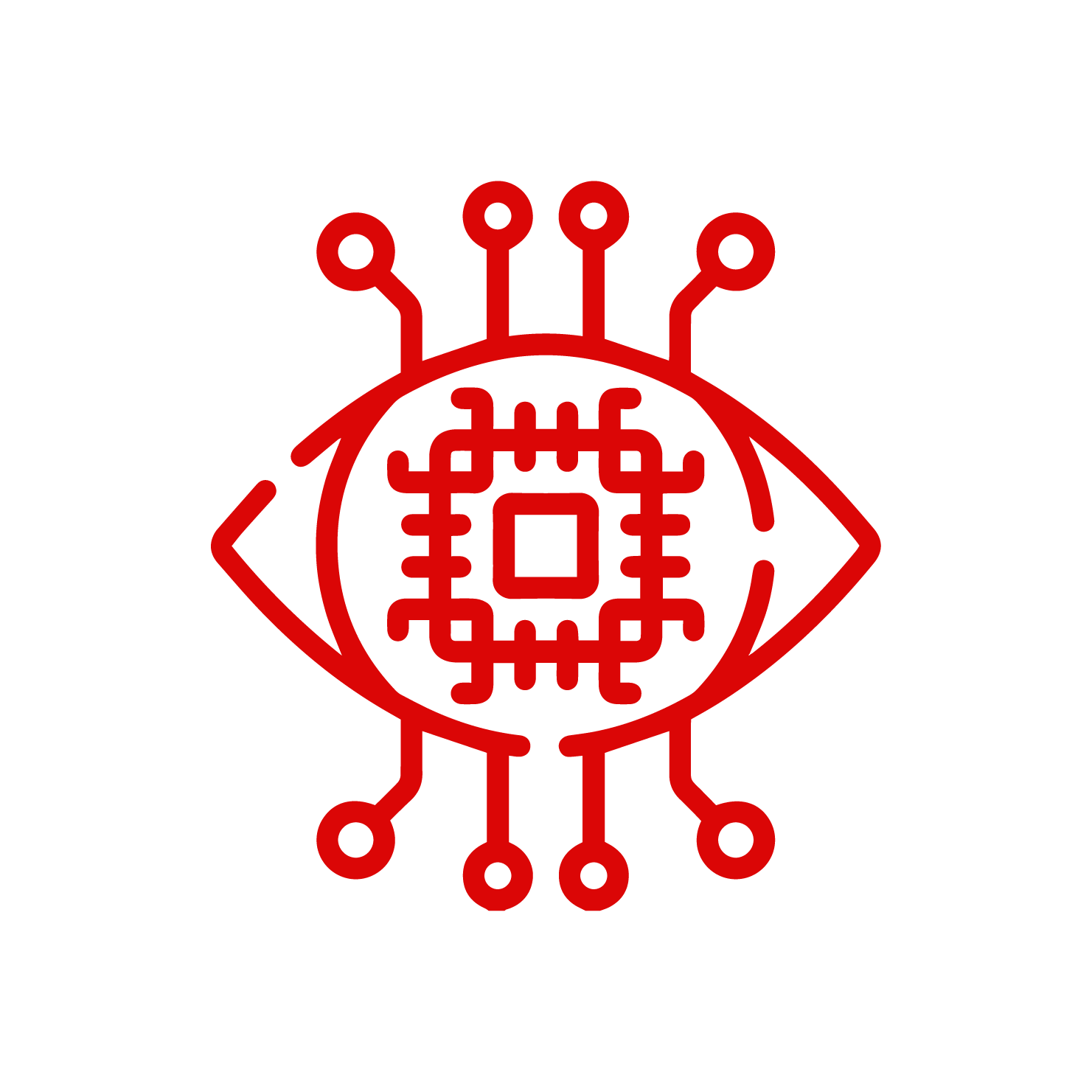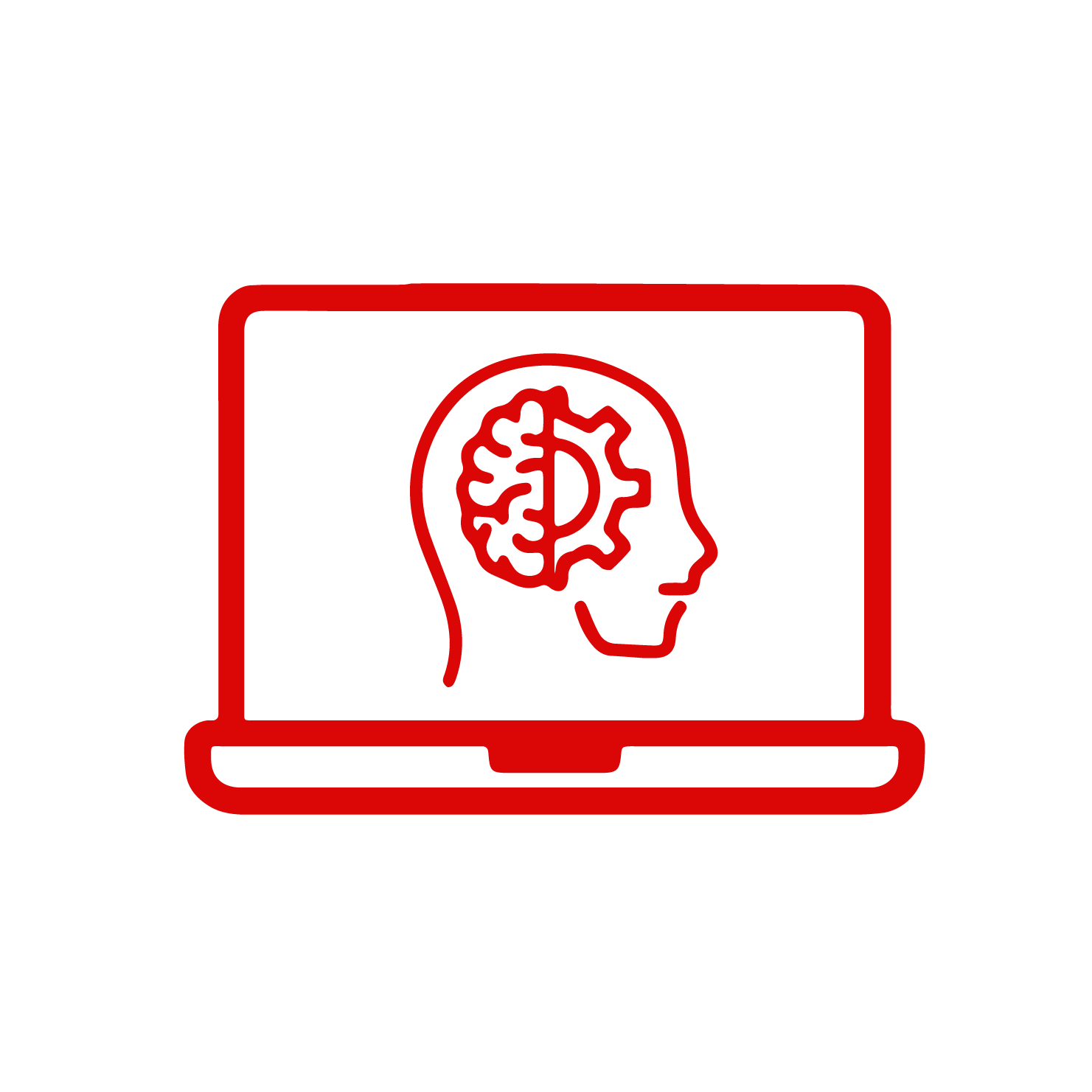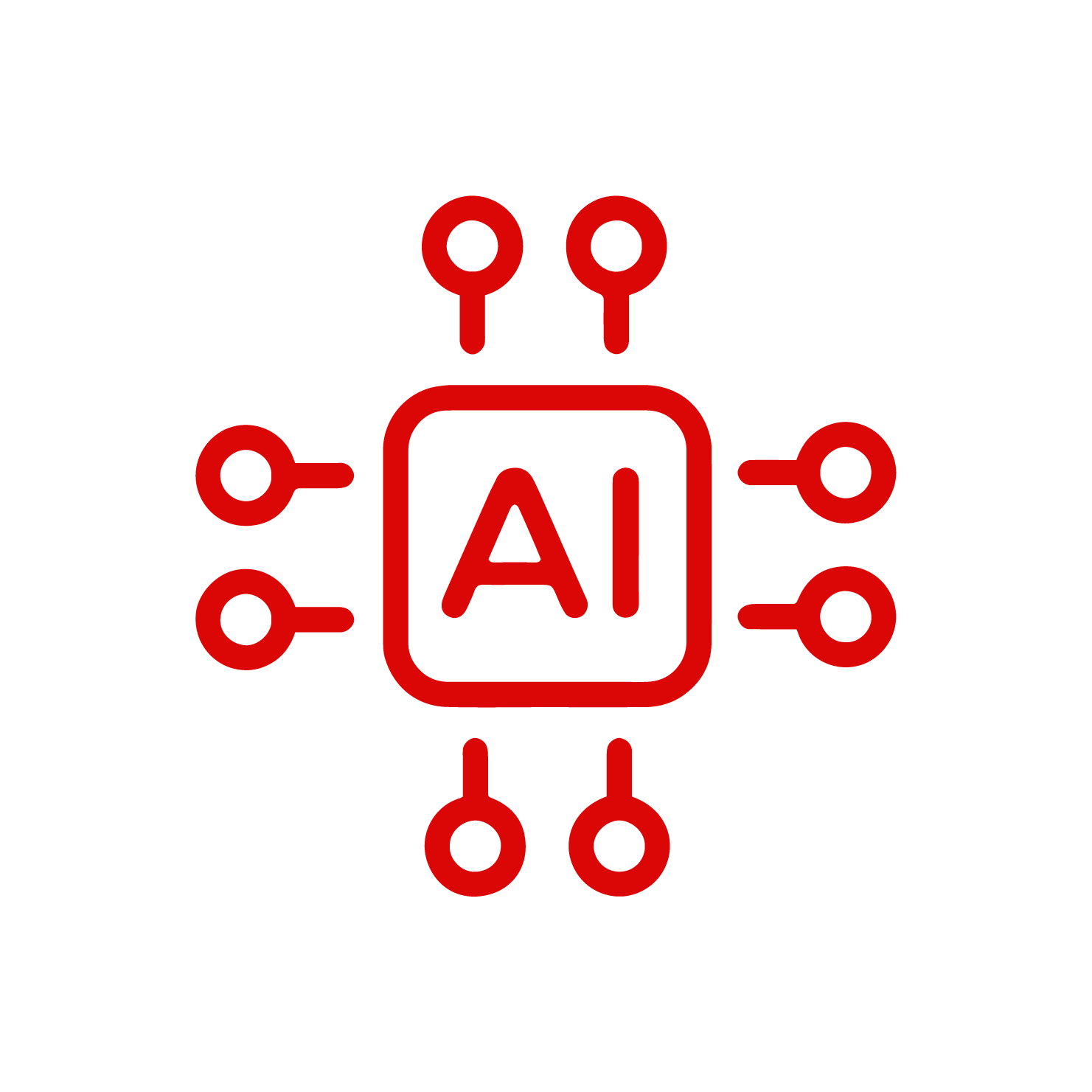Databricks is a cloud-based platform that offers a unified solution for big data analytics and collaboration. Developed by the creators of Apache Spark, it seamlessly integrates data engineering, machine learning, and analytics. Let’s delve deeper and unpack the technical intricacies of Databricks.
Background Story
Databricks was founded by a group of individuals involved in making Apache Spark, including Matei Zaharia, Reynold Xin, Patrick Wendell, and Ali Ghodsi. The company was initially based on the AMPLab project at the University of California, Berkeley, which was focused on developing big data processing technologies. The founders of Databricks saw an opportunity to commercialize Spark and make it more accessible to enterprises. Since its founding, Databricks has grown rapidly and has become a leading provider of big data processing and analytics solutions. The company has received numerous awards and recognitions, including being ranked as one of the best large “Workplaces for Millennials” in 2021.
Target Customers
Databricks primarily targets large enterprises that need to process and analyze large amounts of data. The company’s platform is used by a wide range of industries, including:
- Information technology and services
- Computer software
- Finance
- Healthcare
- Telecommunications.
Some of Databricks’ top customers include Google, Oracle, Microsoft, SAP, Tencent, Comcast, Nielsen, and Shell.
Capital Raised, Estimated Revenue
Databricks has raised a total of $1.9 billion in funding since its founding, with its most recent funding round in November 2021 raising $1.6 billion at a valuation of $38 billion. The company’s estimated revenue was $800 million in 2021, and it has grown to $1.24 billion in 2022. Databricks has also been recognized as one of the fastest-growing companies in the United States, with a three-year revenue growth rate of 2,090%.
Databricks primarily targets large corporations, with annual contracts amounting to millions of dollars. They have a clientele of over 7,000 and maintain a net retention rate exceeding 150%. Databricks generates revenue by billing customers for platform usage and offering professional services for setup assistance. We believe that over 90% of its earnings are from the platform, while the remaining portion comes from the professional services.
Products and Services
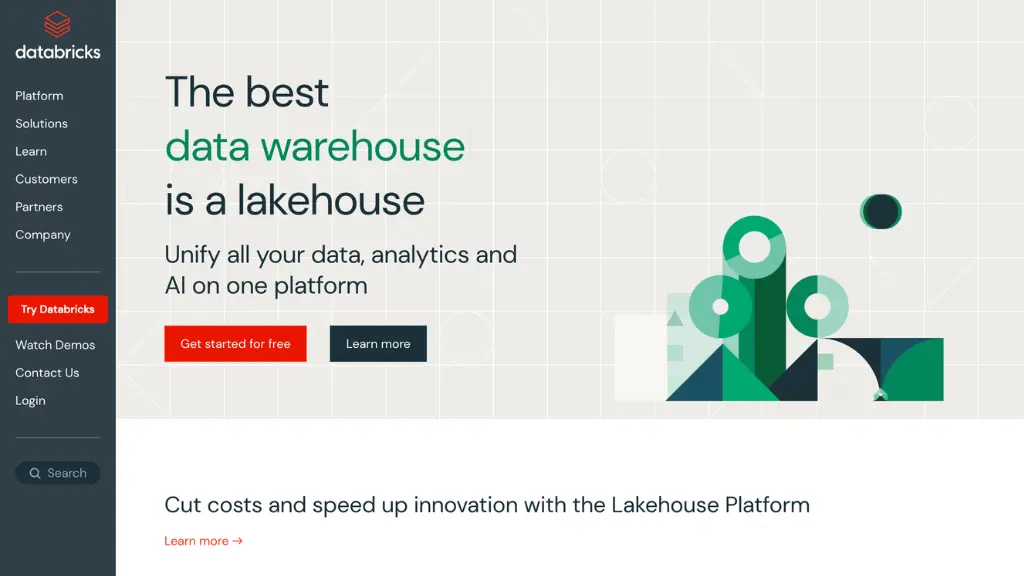
- Databricks offers a platform for other workloads, including machine learning, data storage and processing, streaming analytics, and business intelligence.
- The company’s web-based platform provides a unified workspace for data engineers, data scientists, and business analysts to collaborate on big data projects.
- The platform includes features such as automated cluster management, IPython-style notebooks, and a collaborative workspace for sharing code and data.
- In addition to its platform, Databricks has also created Delta Lake, MLflow, and Koalas, open-source projects that extend the functionality of its platform.
- Delta Lake is an open-source project that brings reliability to data lakes for machine learning and other data science use cases.
- MLflow is an open-source platform for managing the end-to-end machine learning lifecycle, including experimentation, reproducibility, and deployment.
- Koalas is an open-source project that provides a pandas-like API for working with Apache Spark.
Competitors
In the Big Data Analytics sector, based on customer data, the three leading competitors to Databricks are Apache Hadoop, holding a 19.60% market share, Azure Databricks with 14.83%, and Talend at 12.70%. Following is the list of some more competitors:
- Google Cloud BigQuery
- Qubole
- Teradata Vantage
- Snowflake
- Dremio
- Cloudera
- Amazon Redshift
- Alteryx
- OpenText™ Vertica™
- MuleSoft Anypoint Platform
Pros and Cons of Databricks
Pros
1. Collaboration & Development Environment:
- Enhanced data science & data engineering collaboration.
- Promotes collaborative development using notebooks.
- VsCode IDE support for local development.
- Options to code in multiple languages (SQL, Python, Scala, R, etc.).
2. Integration & Support:
- Seamless integration with Azure, AWS, Tableau, Spark, and other platforms.
- Poetry support and Python SDK for Workflows.
- MLflow Experiment, MLFLOW Registry, and Databricks Notebook integration.
- Time travel in Databricks for dataset versioning.
3. Performance & Scalability:
- Well-optimized Spark Jobs Execution Engine.
- Fast performance with excellent scalability.
4. Features & Visualization:
- Easy streaming capabilities.
- Newly integrated analytics feature for dashboards.
- Data virtualization and support for Spark real-time and batch streaming.
5. Stability & Security:
- Stable and secure cloud environment.
- Minimal DevOps support required.
Cons
1. Development & IDE Limitations:
- Databricks extension on Visual Code doesn’t support line-by-line debugging.
- A specific Databricks IDE for local development is desired.
- All runnable code must be in Notebooks, which might not be production-friendly.
2. Visualization & Features:
- Visualization in MLflow experiment needs enhancement.
- Better graphing and dashboarding functionalities are required.
- Previous graphing support feature is limited.
3. Management & Usability:
- File management on DBFS (Databricks File System) could be improved.
- Inconsistent job notifications.
- Errors can be hard to interpret, and better insights are needed for job failures.
4. Access & Control:
- Requires more fine-grained access control mechanisms.
- Better localized testing is desired.
